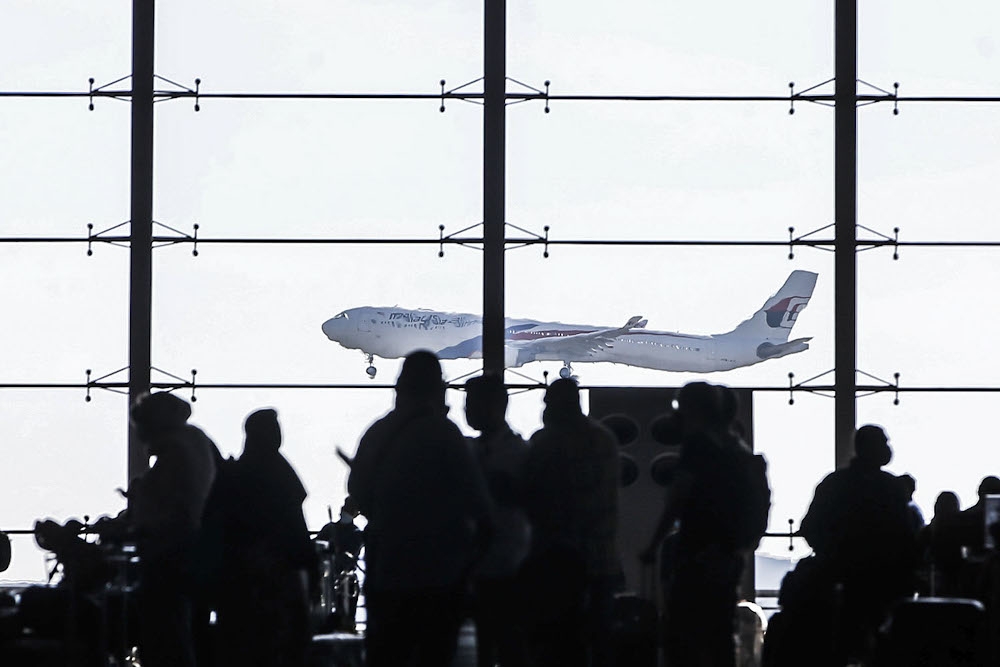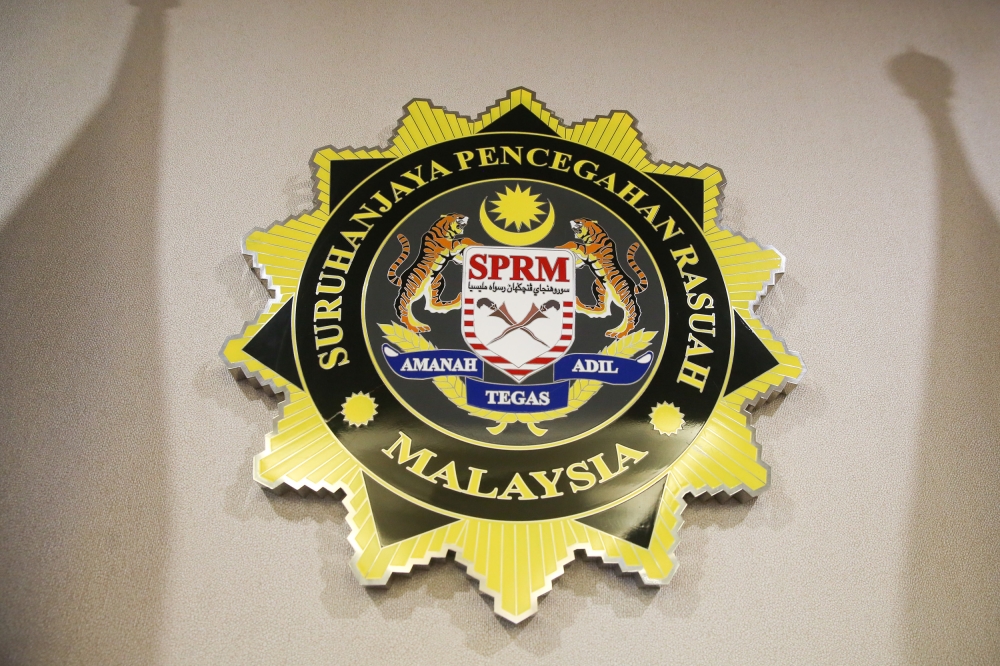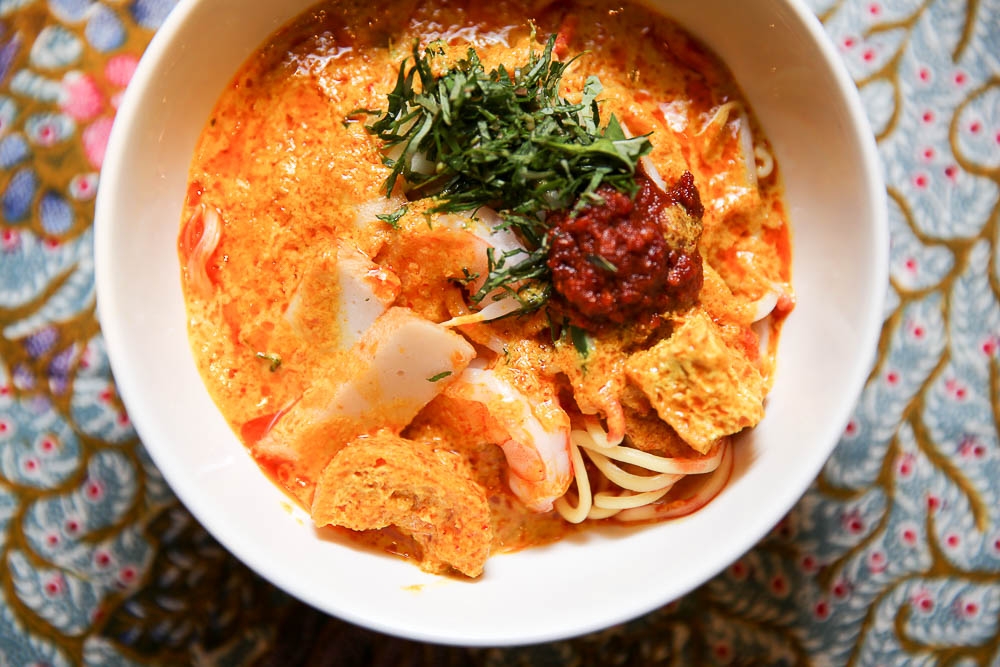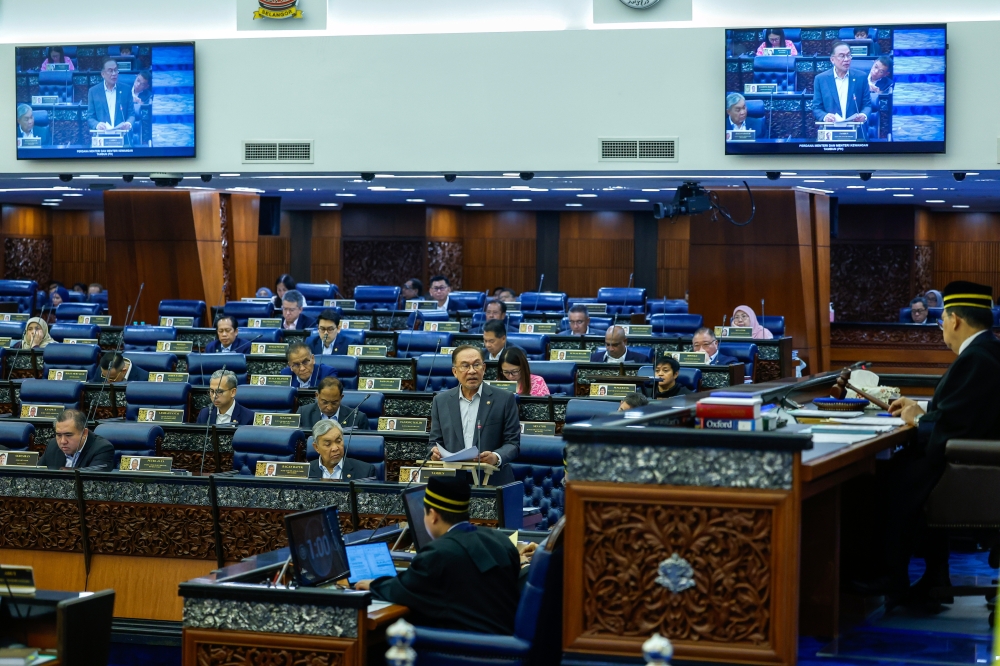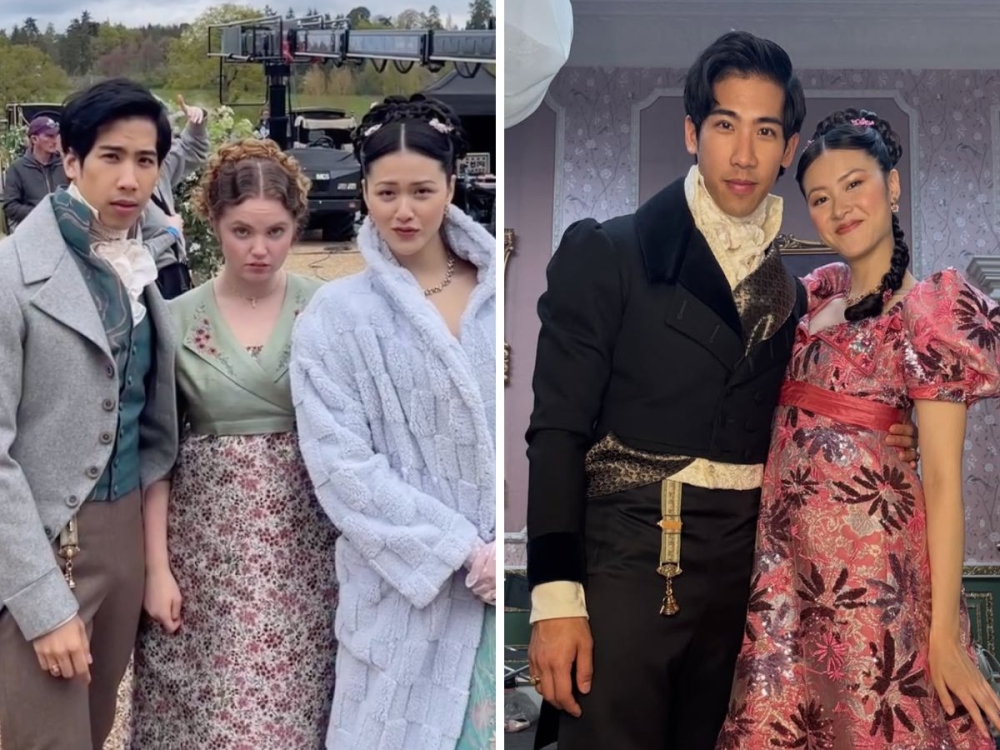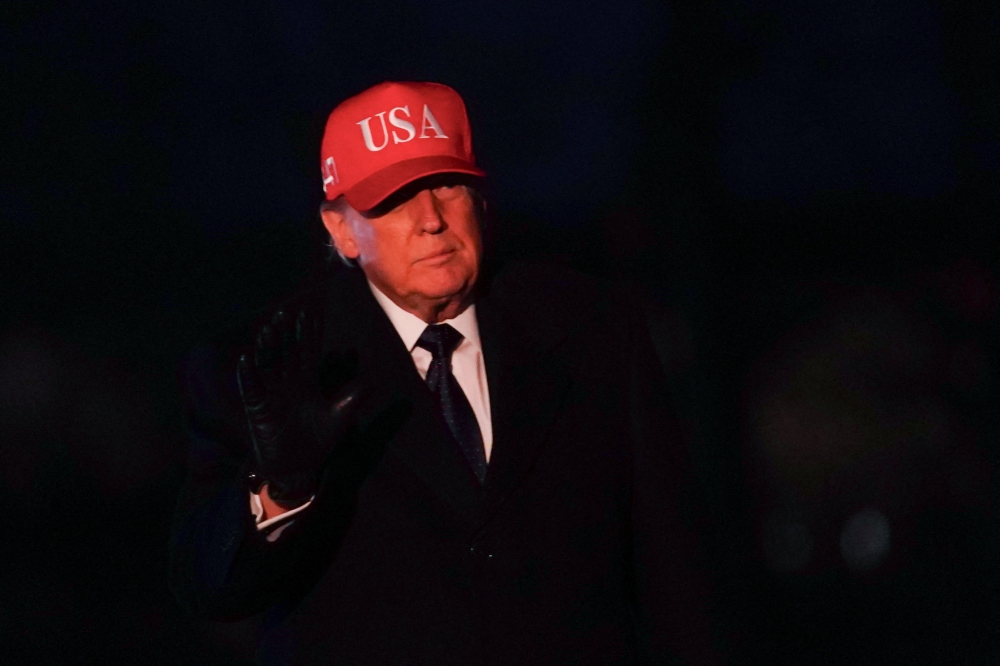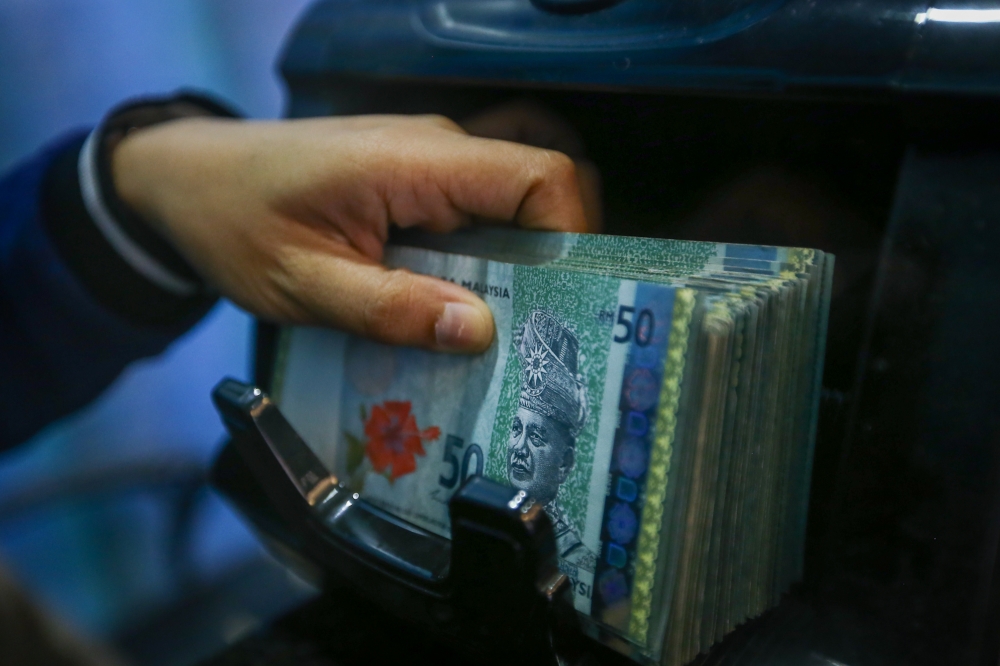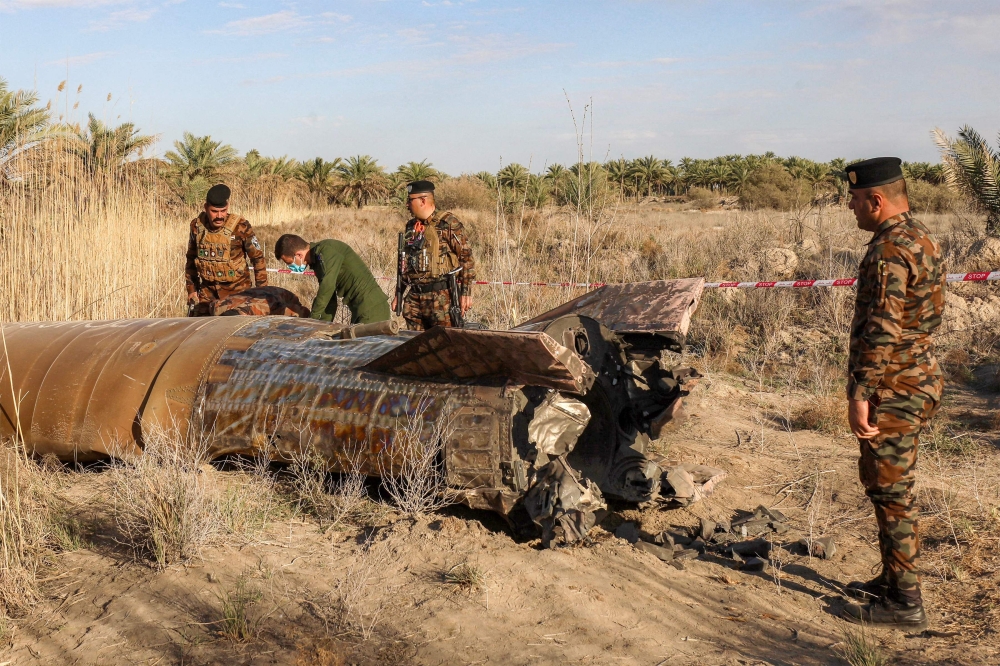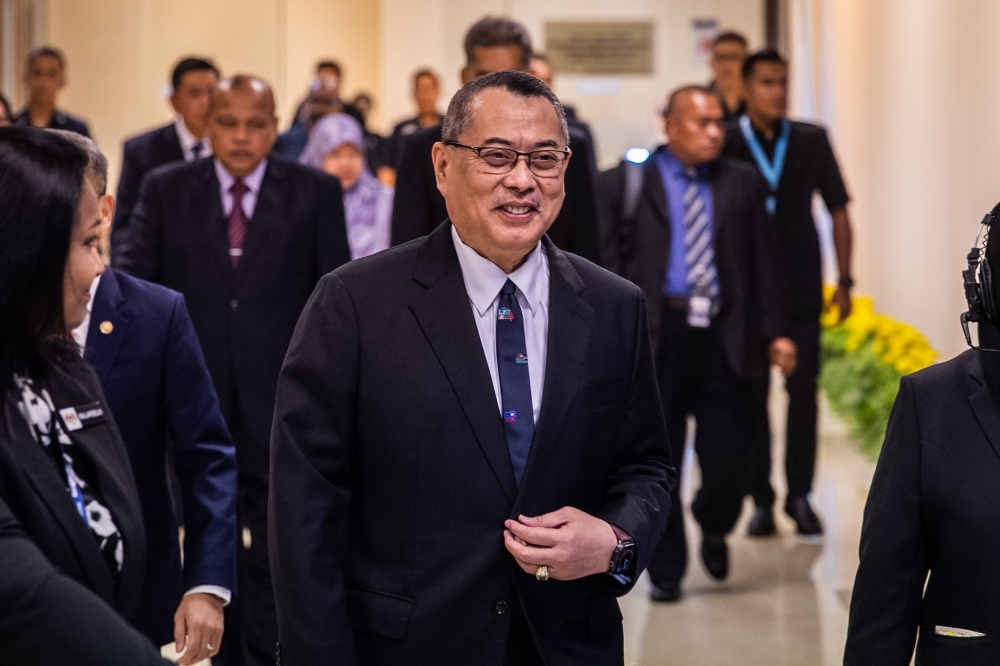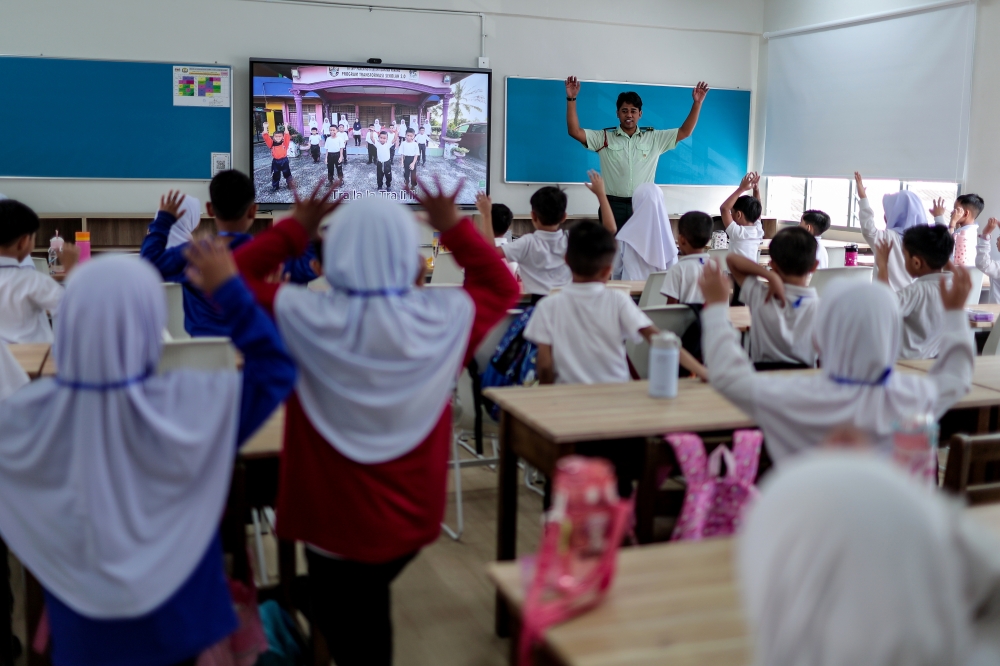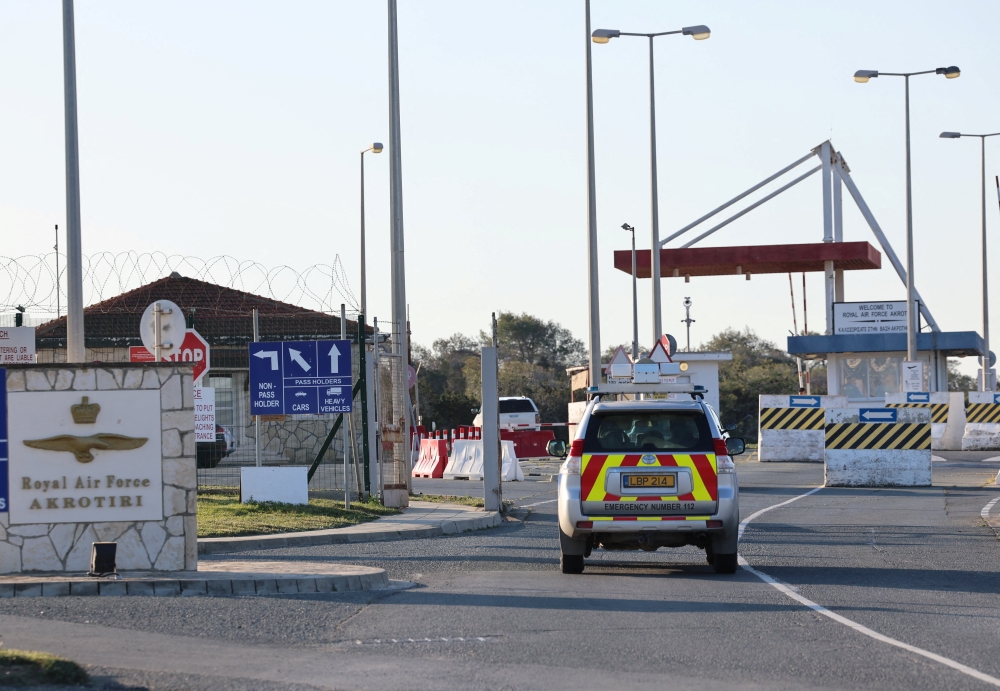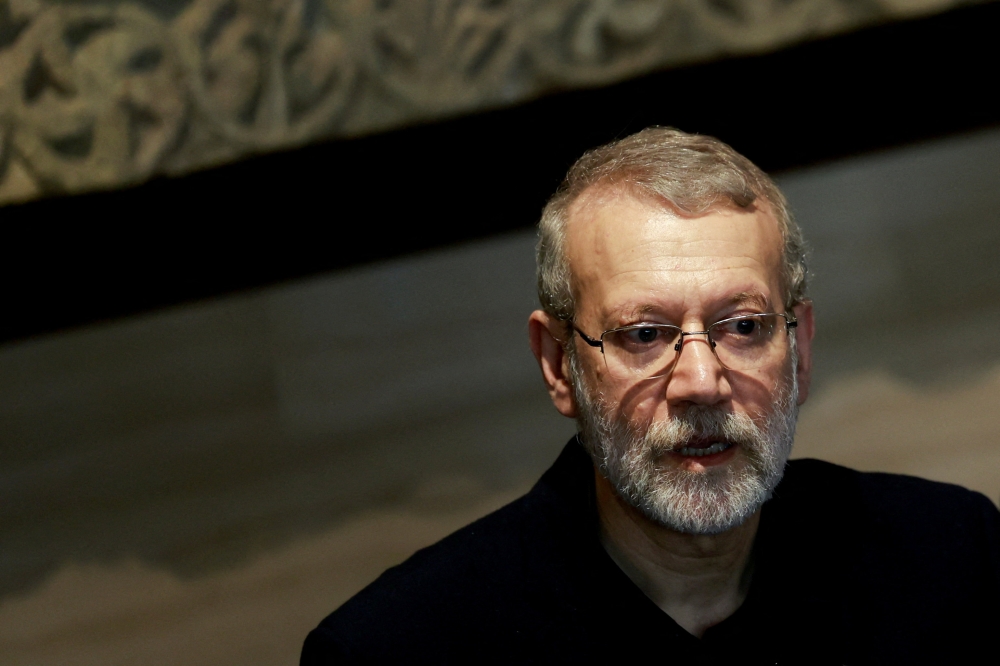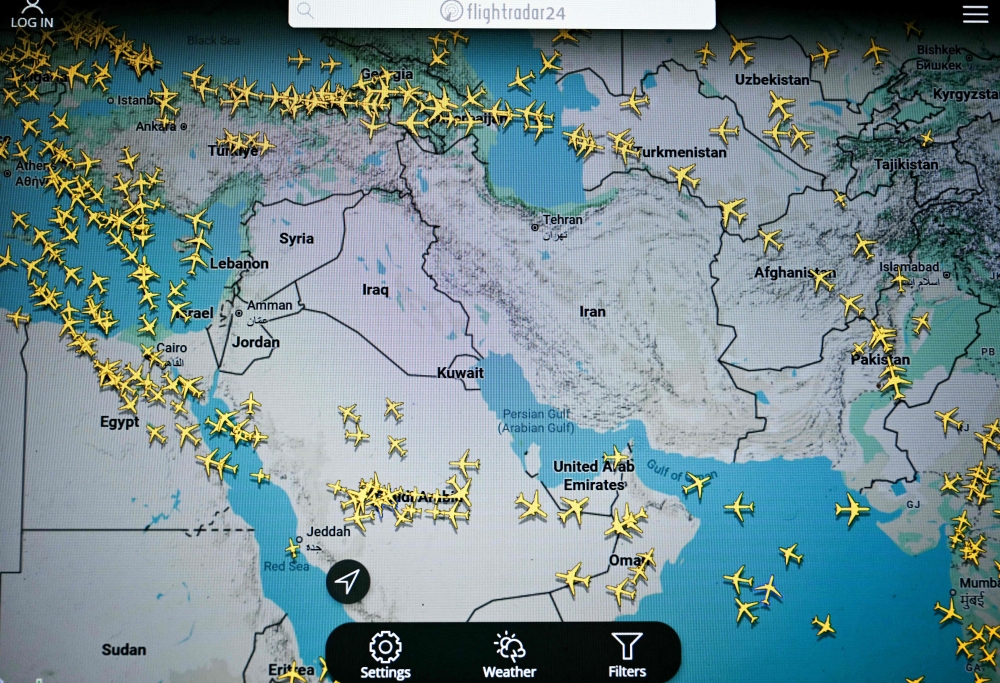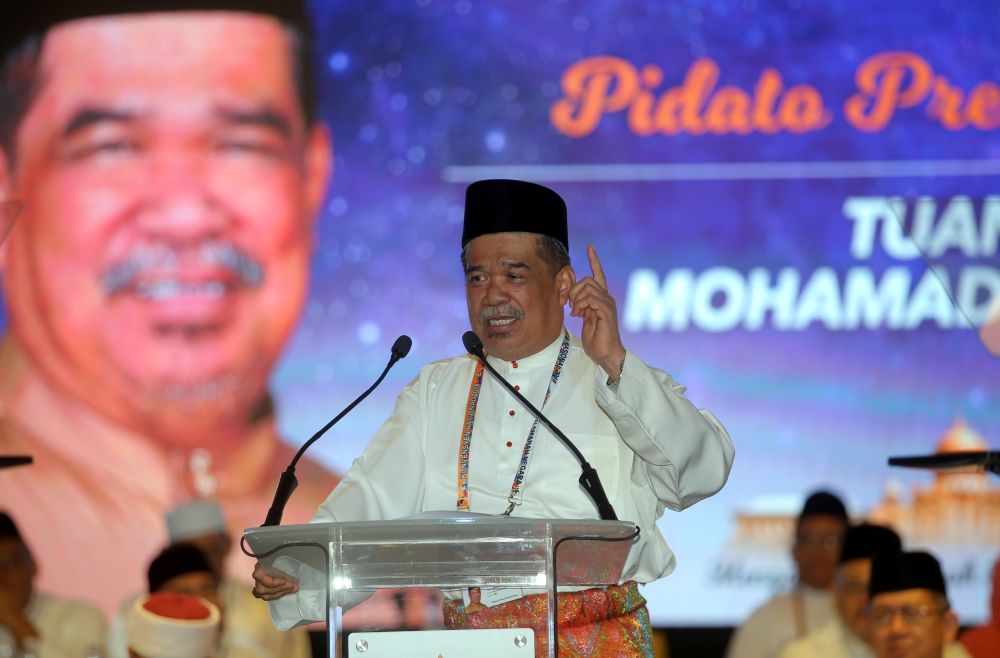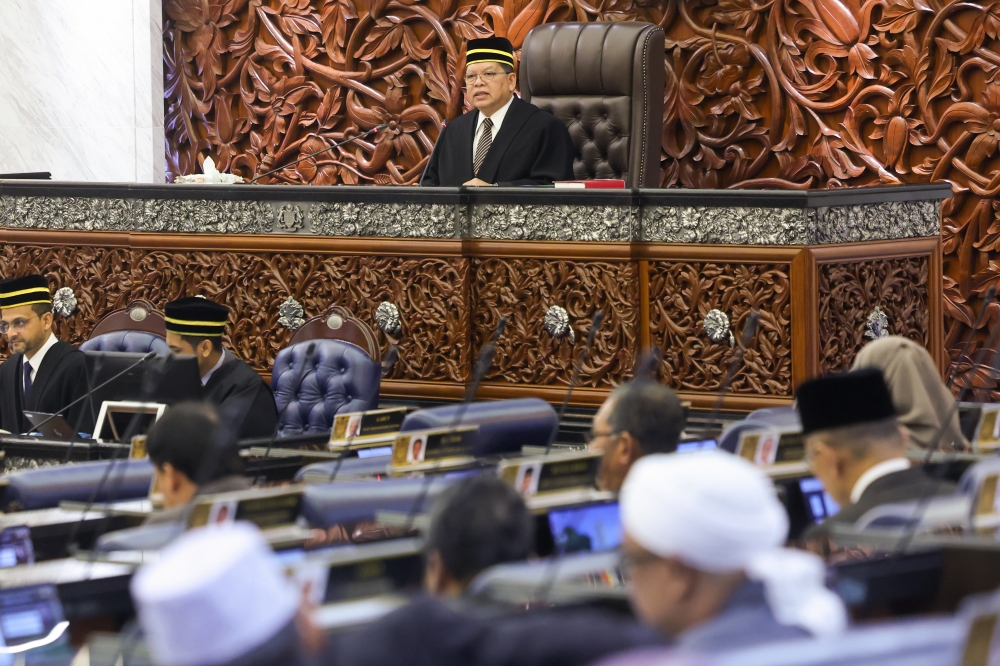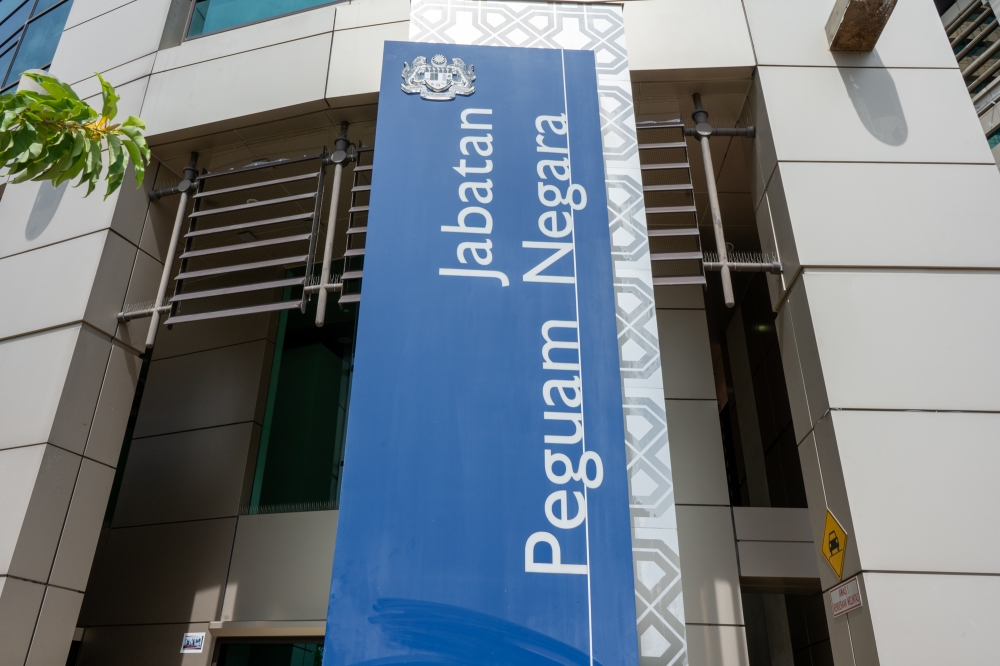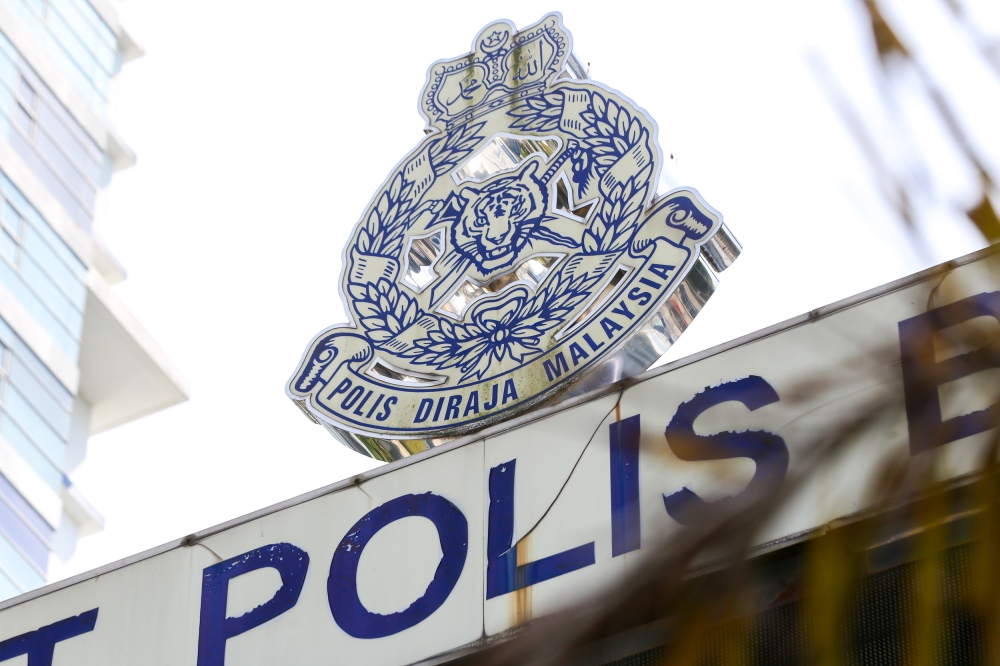KUALA LUMPUR, Aug 27 — Ahead of its four-year anniversary and inaugural party polls, Parti Amanah Negara’s leaders have highlighted the fact that it has remained multi-ethnic and multi-religious.
Several of the party’s non-Muslim leaders said the fact is often under-publicised, and dismissed claims that it is tokenism to make the party more appealing to young professionals.
“People tend to forget that Amanah is a multiracial party since its formation. Non-Muslim members account for 15 to 20 per cent out of 200,000 members, and everyone has equal rights and freedom to vote and elect leaders of their choice.
“This is such a huge fundamental difference to PAS who does not offer such opportunities to non-Muslims who support their party. As of now, we have quite a number of non-Malay members in leadership roles at every level,” Kelana Jaya deputy division chief Koh Eng Kee told Malay Mail.
According to Amanah’s charter, membership is open to all Malaysians above the age of 18.
In contrast, PAS only offers full membership to Muslims, while its non-Muslim members are segregated to their own wing, dubbed the PAS Supporters’ Congress (DHPP), of which their members do not have any voting rights.
“Why is this a huge difference? Because everyone has a say in the decision-making process and is treated equally.
“With such a diverse and open membership, we are encouraged to share our perspectives and this creates a deeper understanding of one another,” he said.
Kee then attributed Amanah’s “cool-headed” attitude towards various controversial issues to its members’ deeper sense of understanding of one another.
Amanah Kuala Langat deputy chief Sethupathy Subramaniam said the party’s democratic and open-minded approach is why he joined them.
“Amanah practises what it preaches when it comes to being respectful of democratic practices. We can raise our concerns about issues and it will be discussed in a mature manner.
“Even for sensitive racial and religious issues, we prefer to find solutions or compromises that are based on rational discussions,” he said.
As Amanah strives to be the main Islamic party in the country, Sethupathy said this does not hinder non-Muslims members from discussing their concerns.
“Motions or policies introduced within the party often reflect an Islamic framework or objectives; however, everyone has a say in the issue, and members and leaders are very considerate and open-minded when discussing them,” he said.
Sethupathy was also a former member of the DHPP and recalled how the Islamist party had often sidelined non-Muslims party members.
“It was stressful as we always raised genuine concerns over a variety of issues, including race relations and religion but they often pushed us aside,” he said.
Sethupathy also stated that many former DHPP members had joined Amanah and urged other DHPP members to do the same.
Subang deputy division Chief K. Thanabal said, however, his main reason for joining the party was his admiration of party president Mohamad Sabu.
An army veteran of 25 years, Thanabal join Amanah as soon as he retired in 2015.
“It is as if the party was formed just for me,” he said in jest.
“But honestly, I have always admired Mat Sabu for his candid honesty and charisma. He has that effect on people,” he said, using the president’s moniker.
“Another reason is that I believe Amanah practises the true teachings of Islam where you should be merciful to all. That is why non-Malay members appreciate the party.”


